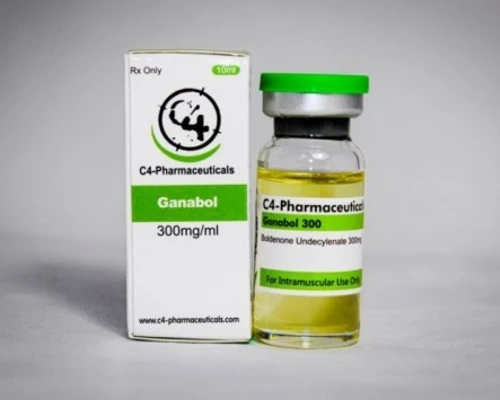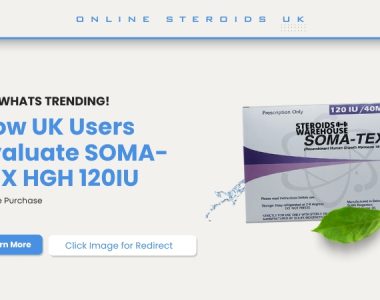
Dianabol is a popular anabolic steroid known for its performance-enhancing abilities and muscle-building effects. However, like many other steroids, Dianabol comes with potential side effects, including the impact on cholesterol levels. In this article, we will explore the influence of Dianabol on cholesterol and its implications for fitness enthusiasts.
Understanding Cholesterol:
Before diving into the effects of Dianabol on cholesterol, it is essential to grasp the basics of cholesterol. Cholesterol is a waxy substance produced by our liver and found in certain foods. It plays a crucial role in the body, helping to build cell membranes, produce hormones, and aid in digestion. However, there are two types of cholesterol: high-density lipoprotein (HDL) and low-density lipoprotein (LDL).
The Impact of Dianabol on Cholesterol:
Dianabol, also known as Methandrostenolone, is an anabolic steroid that can significantly influence cholesterol levels. Studies have shown that Dianabol use can lead to a decrease in HDL cholesterol (the good cholesterol) while increasing LDL cholesterol (the bad cholesterol). These effects can potentially have long-term implications for cardiovascular health.
Decreased HDL Cholesterol:
HDL cholesterol is often referred to as the “good” cholesterol because it helps remove LDL cholesterol from the arteries, preventing the formation of plaque and reducing the risk of heart-related diseases. Unfortunately, Dianabol use has been observed to lower HDL cholesterol levels. The decrease in HDL cholesterol can leave individuals more susceptible to cardiovascular issues.
Increased LDL Cholesterol:
Unlike HDL cholesterol, LDL cholesterol is often dubbed the “bad” cholesterol. High levels of LDL cholesterol can lead to the accumulation of plaque in the arteries, increasing the risk of heart disease, stroke, and other cardiovascular problems. Dianabol can raise LDL cholesterol levels, further exacerbating the possible health risks associated with its use.
Atherogenic Index:
The atherogenic index is a measurement used to determine the cardiovascular risk associated with different cholesterol levels. It is calculated by dividing the total cholesterol by the HDL cholesterol level. Higher atherogenic index values indicate an increased risk of developing heart diseases. With Dianabol usage, the atherogenic index can elevate due to decreased levels of HDL cholesterol and increased LDL cholesterol.
Monitoring Cholesterol Levels:
When using Dianabol or any other anabolic steroid, it becomes crucial to regularly monitor cholesterol levels. Fitness enthusiasts who choose to use Dianabol must undergo routine blood tests to assess their cholesterol profile. These tests can help individuals understand the impact of Dianabol on their cholesterol levels and take appropriate measures to mitigate potential risks.
Preventing Cholesterol Imbalances:
While Dianabol may have negative effects on cholesterol, there are steps individuals can take to help prevent imbalances and reduce the associated risks. Here are a few strategies to consider:
1. Adopt a Heart-Healthy Diet: Focus on consuming foods rich in HDL cholesterol, such as fatty fish, nuts, avocados, and olive oil. Additionally, limit the intake of saturated and trans fats, as they can raise LDL cholesterol levels.
2. Exercise Regularly: Engaging in physical activity can help boost HDL cholesterol levels while promoting overall cardiovascular health. Aim for a combination of cardio and strength training exercises.
3. Quit Smoking: Smoking can lower HDL cholesterol levels and increase the risk of heart disease. Quitting smoking can support cholesterol balance and improve overall cardiovascular health.
4. Discuss Medications with a Doctor: If cholesterol levels become severely imbalanced, medical intervention may be necessary. Consult with a healthcare professional to explore potential medication options to manage cholesterol levels effectively.
Conclusion:
As with many anabolic steroids, Dianabol can have a significant impact on cholesterol levels. Individuals using Dianabol should be aware of the potential risks and take appropriate measures to mitigate them. Understanding the influence of Dianabol on cholesterol, monitoring cholesterol levels regularly, and adopting heart-healthy lifestyle practices are crucial steps for those seeking to maintain optimal cardiovascular health while pursuing fitness goals.




